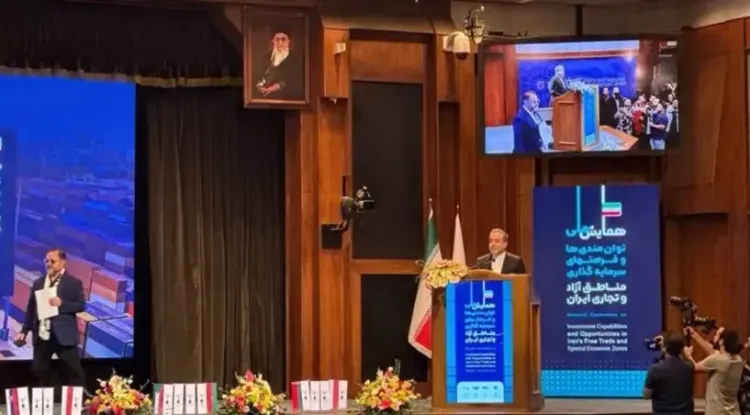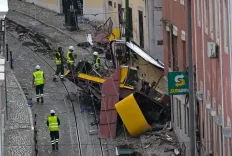Are Iran and the IAEA close to a new cooperation agreement?

Synopsis
Key Takeaways
- Iran and IAEA negotiations are progressing.
- Concerns of national sovereignty are central to Iran's stance.
- US-Iran dialogue hinges on mutual respect.
- Recent airstrikes have escalated tensions.
- Iran's Parliament has mandated a suspension of IAEA cooperation.
Tehran, Sep 7 (NationPress) Iran's Foreign Minister Seyed Abbas Araghchi announced that Iran and the International Atomic Energy Agency (IAEA) are "very close" to finalizing a new framework to resume their bilateral cooperation.
During a conference in Tehran on Saturday, he discussed the future collaboration between Iran and the UN nuclear watchdog, along with updates from a recent series of negotiations that began in Vienna on Friday, according to the official news agency IRNA.
Araghchi stated, "From what I gather, productive discussions have taken place, and we are nearing an agreement on a new cooperation framework with the agency."
He emphasized that an advantageous cooperation for Iran would consider the country's concerns, which are specifically outlined in the Parliament's legislation, as reported by the Xinhua news agency.
Regarding the potential for resuming nuclear discussions with the US, the Foreign Minister mentioned that messages are being relayed between both parties through intermediaries.
Araghchi asserted, "The moment the Americans realize they are prepared for talks based on mutual interests and respect, we will also be ready to engage in dialogue."
Previously, Iran and the US were set to conduct the sixth round of their indirect nuclear discussions on June 15 in Oman.
However, these discussions were halted following significant airstrikes by Israel on June 13, which targeted various Iranian sites, including nuclear and military installations. Subsequent US airstrikes on three Iranian nuclear sites occurred on June 22.
As a reaction, the Iranian Parliament overwhelmingly passed a law to suspend cooperation with the IAEA.
This legislation restricts IAEA inspectors from accessing Iran's nuclear facilities unless the Supreme National Security Council confirms that the sites are secure and Iran's sovereignty is fully upheld.
On June 13, Israel executed a blatant and unprovoked aggression against Iran, resulting in the assassination of numerous senior military leaders and nuclear scientists, alongside the deaths of hundreds of civilians.
On June 22, the US also intervened and bombed three Iranian nuclear sites in Fordow, Natanz, and Isfahan, violating international law and the Nuclear Non-Proliferation Treaty (NPT).
On June 25, the Iranian Parliament unanimously ratified a law instructing the government to halt all cooperation with the IAEA. Consequently, inspectors from the agency have been barred from visiting Iran's nuclear facilities.









